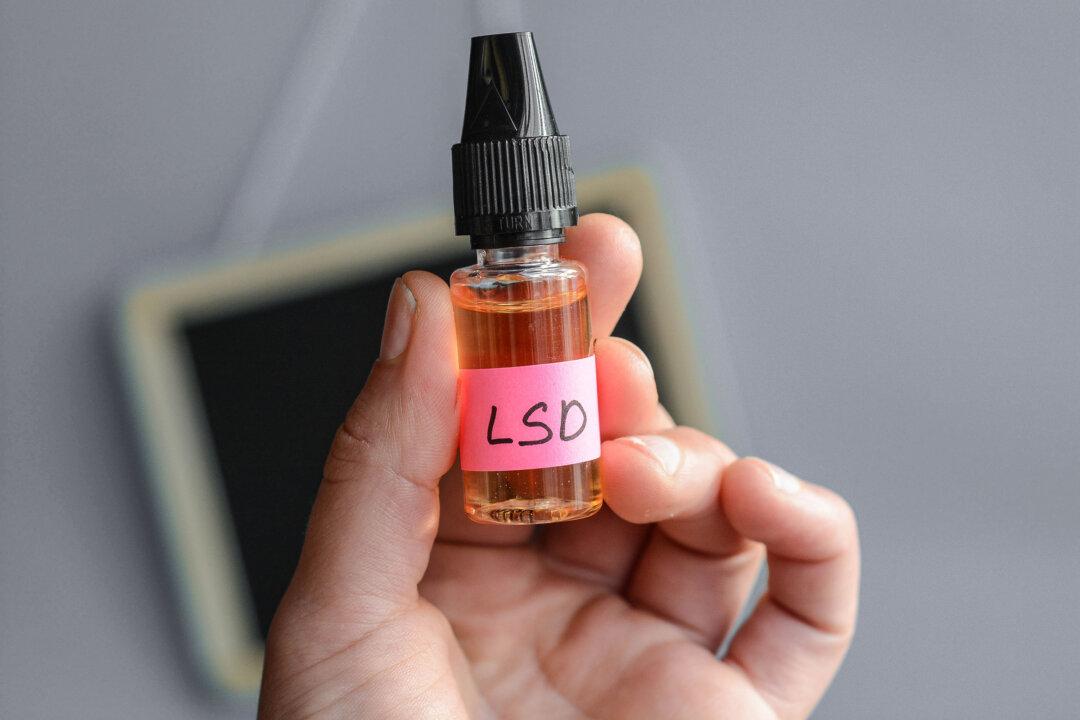A large nationwide study of more than 4 million people in New Zealand identified a statistically significant association in two adverse events following vaccination with Pfizer’s COVID-19 vaccine.
In the postmarketing safety study recently published in Springer, researchers examining 12 specific adverse events found an increase in myopericarditis during the 21-day period following both Pfizer vaccine doses. Myopericarditis describes two distinct inflammatory heart conditions that occur simultaneously, myocarditis and pericarditis.






